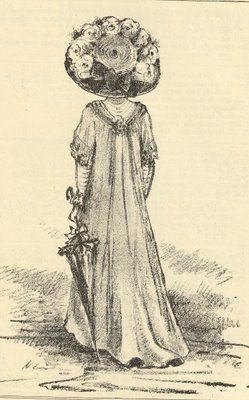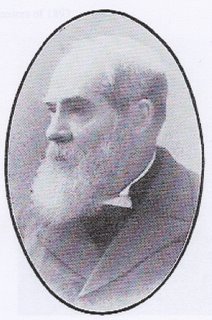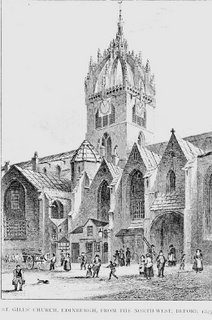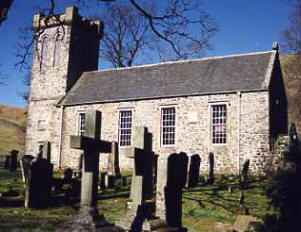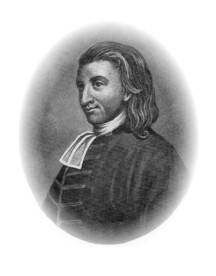The End of the Year (J.P.S.)
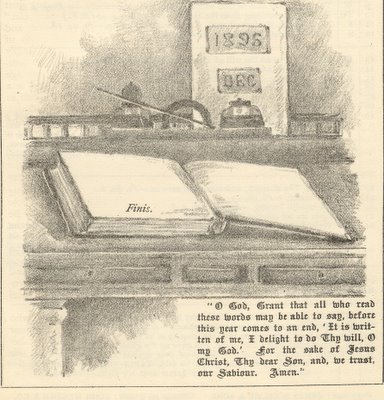
Sir Thomas Lawrence was often a very long time over his pictures. When he painted Lady Mexborough and her child, his delay was unusually provoking. Time after time her husband asked that the portrait might be sent home, but all in vain. At last he sent word that the portrait must be delivered up. "I know," was the answer, "that I have been rather long. Lady Mexborough is done, but the baby wants finishing. But if you would kindly ask Lady Mexborough to bring the baby and give me one more sitting, I really will finish the picture." "My wife," was Lord Mexborough's reply, "will be happy to give you another sitting whenever you like, but the baby is in the Guards!" That is to say, the baby was now an officer in the army. Sir Thomas Lawrence was like the man in the First Book of Kings who lost the prisoner he had charge of. "As thy servant was busy here and there, he was gone." And are we not like that man too? It seems like yesterday since the coming of a New Century filled our minds and hearts with deep and solemn thoughts and purposes. We were going to serve the Lord and be wholly His. But we put off completing our covenant with God. The finishing touches were not given when they might and should have been, and now the year, and with the year the hudredth part, and doubtless in the case of some of us the greatest part, of the Twentieth Century is past, and we are not saved.

(This first appeared in the Morning Watch for December 1901)
[A word to our readers. Normal service on Free St. George's will be resumed in the New Year, God willing]
Labels: The Morning Watch




